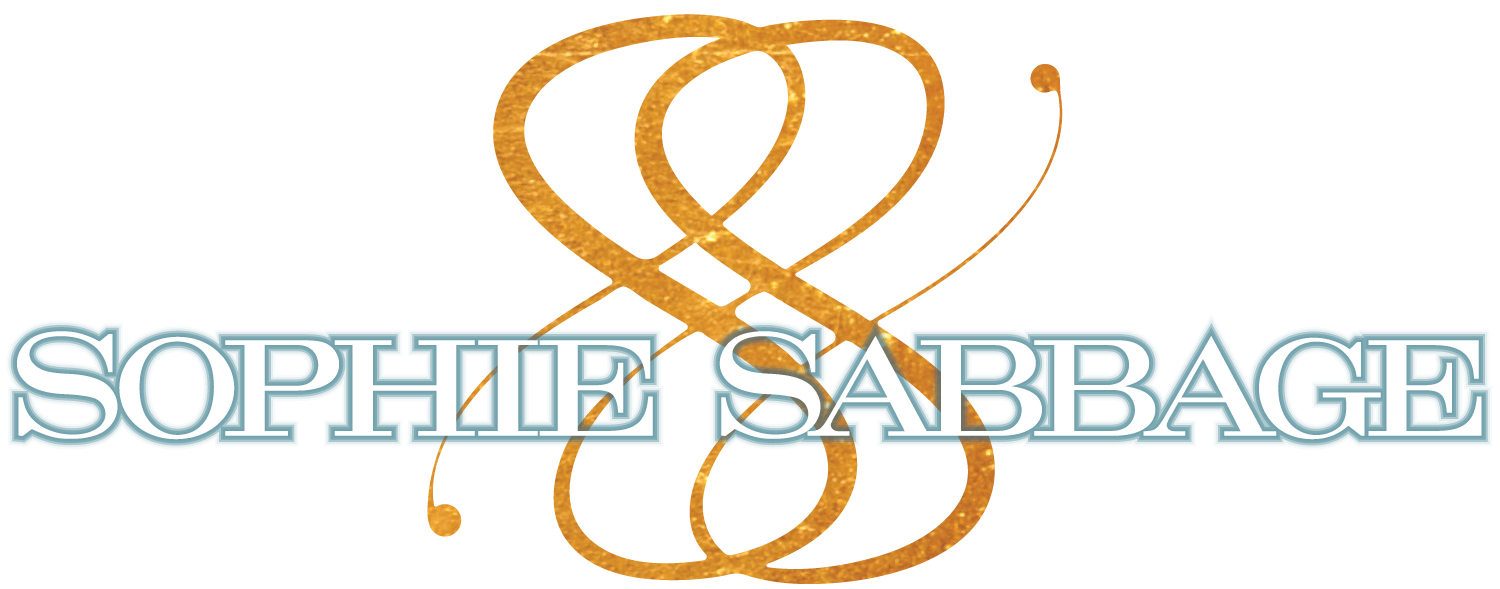Meeting Yoda in the NHS
I had a surprising encounter at a hospital A & E this weekend. I arrived in considerable pain from a bowel condition that has hospitalised me twice before (I will spare you the details) and was taken into ‘Re-Sus’ for immediate attention. I was about to become one of those demanding patients who needed pain relief NOW when I heard the wailing cries of an eleven month old boy whose life was in peril. His cries cut through my chest and banished my self-pity in an instant.
“Get to me when you’re ready,” I told the nurse. “I can wait.”
As my mental state changed my pain threshold increased. I could tolerate it much more easily because I stopped resisting it and accepted it instead. So I waited patiently while they tended to a child in agony and, as his cries diminished, I felt relieved to have been put on hold.
Then my doctor came to see me. Doctor Gibran (like Kahlil Gibran the poet). He was awesome. I told him what was happening, gave him the full background on my cancer, explained my special diet, and told him what I thought I needed – the details of which I will also spare you, but my request included pain relief that wasn’t morphine and fluids to rehydrate me that didn’t have sugar in (saline not dextrose).
Most doctors bristle when you tell them what to do or react when you say you’re on an ‘anti-cancer diet’, pooh poohing it as hippy alternative nonsense. So I was ready for him to discount my input and try to make me take drugs I didn’t want. Instead, he repeated back to me almost everything I said to check he had understood it and asked if there was anything he had missed or misunderstood.
“No, nothing,” I replied, duly impressed by his listening skills.
“I think you need everything you say you need,” he went on, “But I want to ask you a couple of things. First, can I give you glucose if you have a hypoglycaemic crash?”
I smiled, touched by his gentle and sensible negotiating style. “Yes, you can give me glucose in that instance,” I responded.
“I can give you IV paracetamol as an alternative to morphine, but think you will still be in too much pain so would you allow me to an a minimal dose of Oramorph as well to assist you with that?”
I am extremely reluctant to take drugs like morphine and refused them even when the tumour on my C3 vertebra was agonising, but his integrity melted me. He didn’t try to convince me. He enrolled me with his authentic respect for my choices and his straightforward common sense. He wanted the best for me and chose to collaborate with a patient who insists on being an active participant in her treatment. So I agreed to the Oramorph (which I was very glad of later).
I acknowledged him for being a breath of fresh air and for modelling something I have trained many service personnel, including doctors and nurses, to do with their customers and patients: get rapport, listen deeply, negotiate, collaborate and work things out together. He had modelled it gloriously.
I knew he’d got the real measure of me when I mentioned being thirsty and he said,
“There’s water in a fountain round the corner, but I don’t think you’ll want it. It’s unfiltered.
I laughed out loud and even said yes to unfiltered water – not just because I was desperately thirsty, but because he had me in the palm of his hand.
“Remind me of your name,” I asked.
“Gibran,” he replied. “But some people call me Yoda.”
Post Script
Yoda did everything I asked him to do and kept me in his care until I had recovered enough to go home at 3am. He didn’t admit me to a ward and hand me over. He treated with me great respect in a very undignified situation and reminded me that dignity is not lost when your body breaks down. It is gained by someone uplifting your humanity when you’re vulnerable and suffering and your bum is peeking out of your hospital gown. I am back home now and on the mend. God bless Yoda and the NHS.

